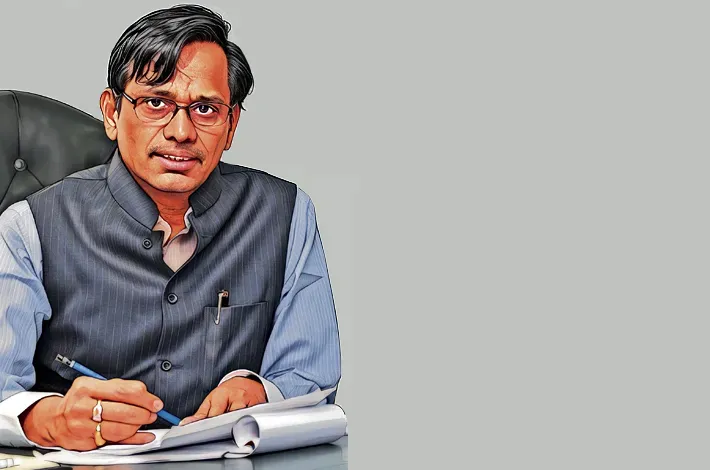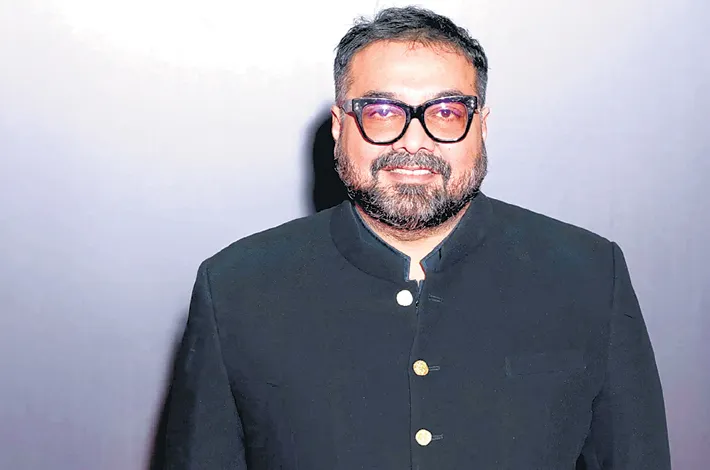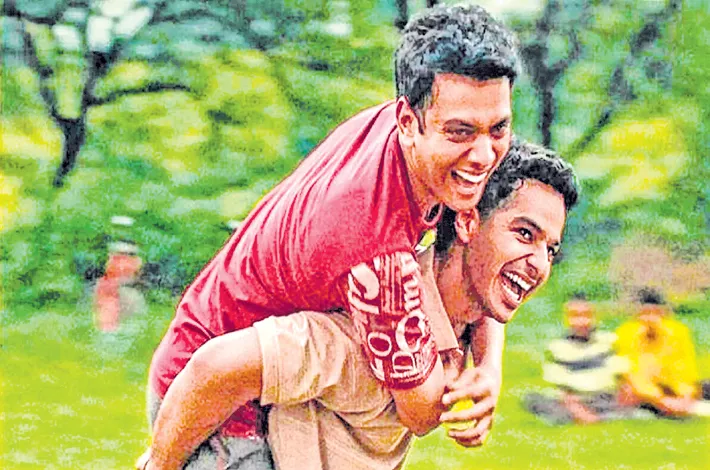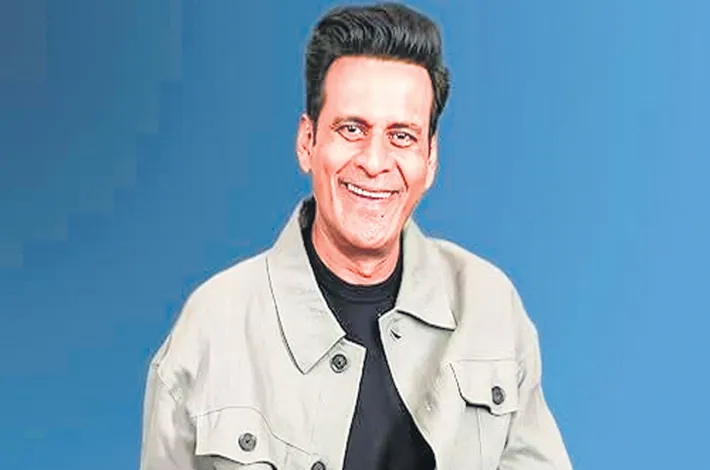A Political Tug-of-War Over Reservations
27-07-2025 12:00:00 AM

BCs in Suspended Animation in Telangana
CL Rajam
In Telangana, the promise of 42 percent reservation for Backward Classes (BCs) in local body elections, education, and employment has become a political quagmire, leaving the state's BC communities in a state of suspended animation. Despite a unanimous push from all major political parties—Congress, Bharatiya Janata Party (BJP), and Bharat Rashtra Samithi (BRS)—to champion the cause of BCs, the reality is a frustrating stalemate marked by delays, accusations, and legal hurdles.
As the Telangana High Court’s September 30,, deadline for local body elections looms, the BCs, who constitute 56.36 percent of the state’s population according to a recent caste census, are left grappling with uncertainty and disillusionment.
The Congress, which rode to power in the 2023 Assembly elections partly on the back of its Kamareddy Declaration—a pledge to implement 42 percent BC reservations—has been vocal about its commitment. Chief Minister A Revanth Reddy has repeatedly emphasized the party’s resolve, pointing to the Socio-Economic, Educational, Employment, Political, and Caste (SEEEPC) survey conducted in 2024 as evidence of data-driven policymaking.
The survey, which revealed BCs, including 10 percent BC Muslims, make up over half of Telangana’s population, underpinned two bills passed on March 17, one for reservations in education and employment, and another for local body elections. These bills, however, remain stuck in limbo, awaiting Presidential assent under Article 200 and Article 31C of the Constitution.
The Congress argues that the ball is now in the Centre’s court. With the bills pending Presidential approval, the state government issued an ordinance amending the Telangana Panchayat Raj Act, 2018, to facilitate 42 percent BC reservations in local body elections. This ordinance, too, awaits the Governor’s nod, which is contingent on legal advice from the Centre.
Chief Minister Reddy has accused the BJP-led Union government of deliberately stalling the process, particularly citing objections to the inclusion of Muslim reservations within the BC quota. He has challenged BJP leaders, pointing out that Muslim reservations exist in BJP-ruled states like Gujarat, Uttar Pradesh, and Maharashtra, and dared them to revoke those if they oppose Telangana’s policy.
The BJP, however, has taken a firm stand against the bills’ inclusion in the Ninth Schedule of the Constitution, which would shield them from judicial scrutiny. Telangana BJP President N Ramchander Rao has argued that the proposed 42 percent BC reservation, combined with 18 percent for Scheduled Castes (SCs) and 10 percent for Scheduled Tribes (STs), pushes the total reservation to 70 percent, breaching the Supreme Court’s 50 percent cap.
Rao has called the bills legally flawed, questioning why the Congress did not consult legal experts before drafting them. He has also suggested that the state could use its powers under Article 243D(6) to implement the quota without Central approval, daring Congress to act if it is genuinely committed to BC welfare. Union Minister G. Kishan Reddy has further criticized the Congress for inflating BC population statistics by including Muslims, alleging that the true BC figure is closer to 46 percent.
The BRS, meanwhile, has seized the opportunity to portray itself as a defender of BC rights, despite its own questionable track record. During its decade-long rule, the BRS reduced BC reservations in local body elections from 34 percent to 23 percent to comply with the Supreme Court’s 50 percent cap, a move now being highlighted by Congress and BJP as evidence of BRS’s hypocrisy.
BRS MLC K. Kavitha has been particularly vocal, organizing a “Rail Roko” protest on July 17 to pressure the Centre for Presidential assent. She has accused both Congress and BJP of playing vote-bank politics, arguing that Congress’s ordinance is a legally vulnerable tactic to shift blame to the Centre. BRS leaders like Dasoju Sravan have pointed to Tamil Nadu’s successful inclusion of 69 percent reservations in the Ninth Schedule as a model, questioning why
Telangana’s leadership lacks similar resolve.
Amid this political slugfest, BC leaders and communities are growing increasingly frustrated. Vakulabharanam Krishna Mohan Rao, former chairman of the Telangana BC Commission, has accused the Congress of betraying its Kamareddy Declaration promises and tampering with caste census data. He has warned of statewide agitations if the 42 percent reservation is not implemented, emphasizing that BCs, despite their significant population, are being denied their fair share of political power.
BC Rajyadhikara Samiti founder Dasu Suresh has echoed this sentiment, threatening to block Congress ministers from entering villages if the quota is not honored. The Social Justice Forum and other BC groups have called for grassroots campaigns to amplify their demands, leveraging social media and public protests to pressure the government.
The legal complexities further muddy the waters
As the High Court’s deadline approaches, the BC reservation issue has become a litmus test for Telangana’s political parties. Congress risks losing credibility if it fails to deliver on its flagship promise, while BRS and BJP aim to capitalize on any missteps to position themselves as the true champions of BCs.
For the BCs themselves, the endless blame game offers little solace. They are not seeking rhetoric or allegations but a concrete solution that ensures their rightful representation. With the local body elections fast approaching, the question remains: will Telangana’s political class rise above vote-bank politics to deliver justice for BCs, or will the community remain caught in a cycle of promises and delays?








